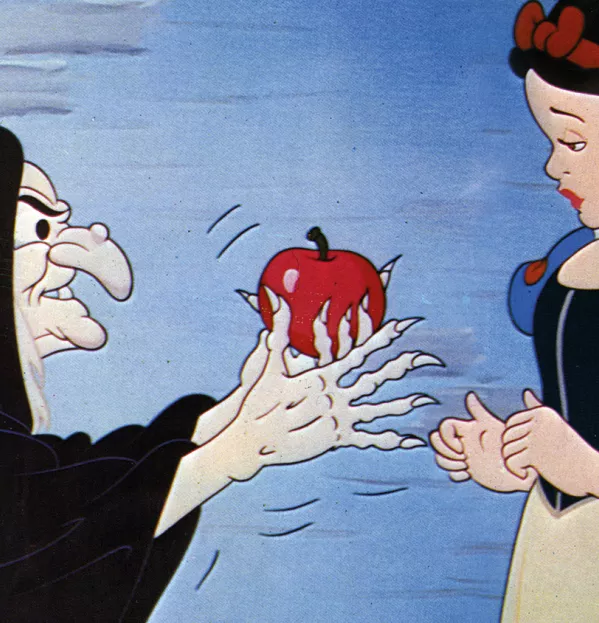An expert look at ... why early years staff are suspicious of Ofsted
Share
An expert look at ... why early years staff are suspicious of Ofsted
https://www.tes.com/magazine/archived/expert-look-why-early-years-staff-are-suspicious-ofsted

Every week, one of our reporters will take a look at one of their specialist topics and offer their unique insight. This week, Helen Ward reflects on how the watchdog has angered many early years teachers with its draft inspection framework - and says that the reaction of EYFS staff betrays a lack of trust in the inspectorate
For the past year, the relationship between Ofsted and the early years sector has been defined by confusion, poor communication and dwindling confidence.
What infuriates EYFS teachers is being portrayed as preppers of children, getting them ready for the “real” education further up the school.
The thoughtless wording in Ofsted’s draft inspection framework doesn’t exactly help their case - it does little to persuade anyone that the inspectorate really does value early years. The draft handbook says this: “It is appropriate that, in key stage 1, teachers focus on ensuring that pupils are able to read, write and use mathematical knowledge, ideas and operations. From key stage 2 onwards and in secondary education, however, inspectors will expect to see a broad, rich curriculum.”
“However” is the verbal equivalent of a patronising pat on the head to KS1.
Sue Cowley, author and champion of early years, tweeted her shock at the draft framework. Gill Jones, Ofsted’s deputy director of early education, responded with: “No one is suggesting [the curriculum at KS1] should be narrowed”.
Perhaps these interpretations are just misunderstandings that will be cleared up after the consultation process.
But the roots of the framework reveal why the reaction from the sector has been so unforgiving. Ofsted has published a list of the research publications it used to underpin the framework, one of which was Bold Beginnings, the controversial report it published late in 2017.
Its many critics said Bold Beginnings was a push for formal learning in early years. Ms Jones met with practitioners to clarify that it wasn’t, but the watchdog declined to put this in writing. And so, opponents pointed out, it could still be read as a push for formal learning.
Perhaps Ofsted truly does want to ensure that schools offer a broad, rich curriculum and place less emphasis on testing.
But, when it comes to the youngest children, the inspectorate needs to choose its words with care. Early years teachers are preparing to be the backstop against a regime they see as increasingly formal, and they are not in the mood to make a deal.
Helen Ward is a reporter at Tes
Already a subscriber? Log in